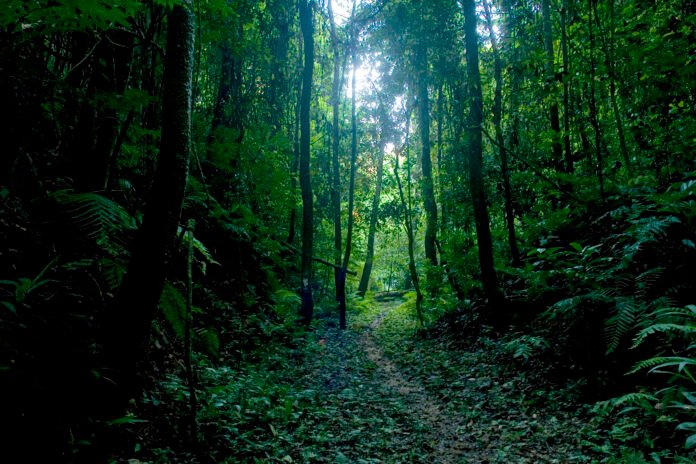
In a remarkable display of international collaboration, the Asian Ranger Forum in Guwahati witnessed the active participation of 146 delegates hailing from 20 different countries. This significant gathering brought together ranger communities and conservation enthusiasts on a common platform to exchange knowledge, share experiences, and bolster efforts in safeguarding the region’s rich biodiversity.
The forum, hosted in the vibrant city of Guwahati, served as a melting pot of ideas and strategies for effective wildlife conservation. Moreover, rangers, the unsung heroes of conservation efforts, engaged in dynamic discussions, shedding light on their experiences, challenges, and successful initiatives.
Participants, representing diverse backgrounds and ecosystems, fostered a collaborative spirit as they delved into topics ranging from wildlife monitoring techniques to community engagement strategies. The exchange of best practices and lessons learned during the forum promises to enhance the efficacy of conservation efforts across borders.
The event’s significance is underscored by the diverse range of countries represented, including but not limited to India, Bangladesh, Nepal, Bhutan, Thailand, and Malaysia. Further, the Asian Ranger Forum acted as a unifying force, breaking down geographical barriers to create a shared platform for those dedicated to the protection of wildlife and natural habitats.
Concern Towards Human-wildlife Conflict
As rangers and conservationists shared stories of triumphs and challenges, the forum highlighted the urgent need for international cooperation in tackling issues such as poaching, habitat loss, and human-wildlife conflict. The collective knowledge amassed at the forum is expected to catalyze a renewed commitment to conservation practices that transcend national boundaries.
The city of Guwahati, nestled in the heart of the Northeastern region of India, provided a fitting backdrop for the forum. With its rich biodiversity and proximity to diverse ecosystems, Guwahati served as an ideal host city, symbolizing the interconnectedness of efforts to preserve Asia’s natural heritage.
The Asian Ranger Forum in Guwahati emerged as a pivotal event in the realm of wildlife conservation, uniting 146 participants from 20 countries in a shared commitment to protect and preserve the region’s diverse flora and fauna. Also, these dedicated rangers return to their respective corners of the globe, the knowledge exchanged and connections forged during the forum are expected to serve as catalysts for sustained collaborative efforts in safeguarding Asia’s natural treasures.

